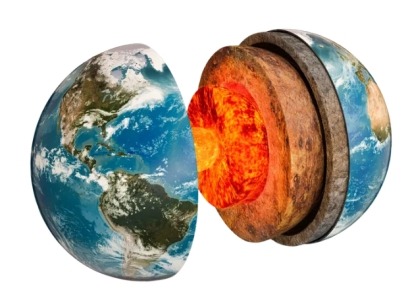
This project relies on E2E’s patent-pending Enhanced Geothermal Reservoir Recovery System (EGRRS). This process allows for large-scale geothermal development by upgrading the temperature of saline aquifers to be commercially viable where conventional exploitation methods do not work. The Rainbow Lake project will be completed in three phases which include the EGRRS pilot, construction of a surface geothermal facility, and design and installation of the required infrastructure within the community.
By the end of the project, the district of Rainbow Lake will be entirely powered by geothermal energy.
Mayor Michelle Farris said, “The Town of Rainbow Lake has been researching the vast geothermal potential our Northwest corner of Alberta provides for 6 years now. We are happy to have found a valuable partner in E2E Energy Solutions to help bring all of these past years of study into a tangible future.”
This initiative will provide economic benefits to the Town and will also provide significant benefits to the DeneTha’ First Nation who have expressed support of the project.
Fred Didzena, Lands Department Director, said, “The Rainbow Lake geothermal project will provide new opportunities and economic benefits for the DeneTha’ and the Rainbow Lake region as a whole. It will greatly contribute to the reduction of greenhouse gas emissions and a net-zero sustainable future.”
Geothermal energy is an underutilized renewable energy source in Canada due to economical and technical limitations associated with conventional geothermal extraction processes. E2E’s EGRRS process is set to have a significant impact on the future of commercialized geothermal energy in the country and create significant opportunities for emissions reductions.
Domenico Daprocida, the founder of E2E, said,“We see the incredible potential for geothermal in Canada, especially where we can repurpose existing oil and gas infrastructure to produce renewable energy. Our goal is to empower communities and make energy transition economical, and sustainable.
Driven by the EGRRS technology, this project will receive technical support from the University of Calgary’s Energi Simulation Centre for Geothermal Systems Research (GeoS), which is a leading geothermal research Centre in Canada. GeoS committed to a partnership with E2E to develop a research support program towards various aspects of the implementation including lending expertise towards system, modelling, and operations optimization.

